I found myself going on this a.m., Kerouackily, as I put it, in a run on sentence that just ran on. I was trying, badly, to express some heartfelt thoughts to someone who means the world to me. And it reminded me of my early reading of The Beats and Jack “Lowell Mass” Kerouac. Also reading that some students, looking for the Beat(ific) experience, knocked on Jack’s door in Lowell finding him disheveled, stubbly and more than a bit drunk. Seems he barely touched the reefer stuff but loved his juice enough to rot out a hole in his gut as he strolled the beaches trying to come up with a new plot, which would late in life elude him.
But before that, appearing on the Steve Allen show reading his poetry as Allen tickled the ivories. Glorious stuff. Allen before Carson, before Ed McMahon shouted “Here’s Johnnyyy!”
“On The Road” — our Bible of the Fifties. Eisenhower, whose speech writers coined the term “military-industrial complex”, many wearing “I Like Ike” buttons, who came to us a Republican defeating Adlai Stevenson, the man from Illinois who, sitting on his Springfield porch looked out at the flat landscape and said that this vista was not boring but one where you could see very far in all directions.
Ike — golf; Adlai — tennis, the latter dying on his way to the court for a last game. Having just had great sex.
My father — I think he voted for Adlai, but he couldn’t get over that iconic photo of Adlai with his feet on his desk showing a prominent hole in the sole of his shoe. “How could a man in his position have a shoe like that?”
Lawrence Ferlinghetti, the granddaddy of Beat poets (“A Coney Island of the Mind”), died in March 2021 at age 101. City Lights Bookstore was his baby, founding it in 1953, the first all-paperback store in the world. You cannot go to San Francisco without going to City Lights. The Golden Gate Bridge? Fishermen’s Wharf? Chopped liver.
The details are a bit murky, but City Lights published Allen Ginsberg’s poem “Howl.” The poet Michael McClure said in response to Ginsberg’s reading, “Ginsberg read on to the end of the poem, which left us standing in wonder, or cheering and wondering, but knowing at the deepest level that a barrier had been broken, that a human voice and body had been hurled against the harsh wall of America.”
The harsh wall of America, indeed.
(In 1987 I had a 30-minute play “Mothers and Sons” done in Chicago at Victory Gardens Theater. The critic for the Sun-Times compared it favorably to “Howl.” I might have quit then and there. But who believes critics?)
And all those other great Beats: Gary Snyder, Neal Cassidy, Kenneth Rexroth who learned Japanese in order to pen his haiku-like verse, and the indomitable William S. Burroughs who ate our Naked Lunch for us.
The incomparable Black Beat poet Amiri Baraka, first known as Leroi Jones, wrote “The Dutchman,” which culminates in a white woman stabbing a Black man through the heart on a New York subway and then throwing his body out onto the tracks. It was first done in 1964, but, as someone has said, the Fifties didn’t end until JFK’s assassination in ’63.
And who are the women alongside the Beat Men? That’s for another column.
The Fifties. My 20-year-old daughter has become something of an expert on housing projects that began in that decade. She has written analytical papers (I have no powers of analysis) examining the practice of redlining, where a literal red line was drawn around urban areas that banks would not lend to, the system of preventing Black and Brown people from moving out of the Projects to middle-class ’hoods. A system that was designed to help poor Caucasians move on and out. A system denied to people of color. We hear a lot about “systemic racism.” This is it in spades. That may not be the most felicitous of terms, but accurate nonetheless.
I wrote in a previous column about Gwen Reed who played Aunt Jemima for events, Kiwanis meetings, state fairs, et cetera, throughout the Northeast. She lived in the public housing of Belleview Square in the North End of Hartford. There is a video of her describing when she first moved in. She says that there were trees everywhere. Every resident had their own tree. The video shows no trees.
The harsh wall of America, indeed.
Lonnie Carter is a writer who lives in Falls Village. Email him at lonniety@comcast.net., or go to his website at www.lonniecarter.com.

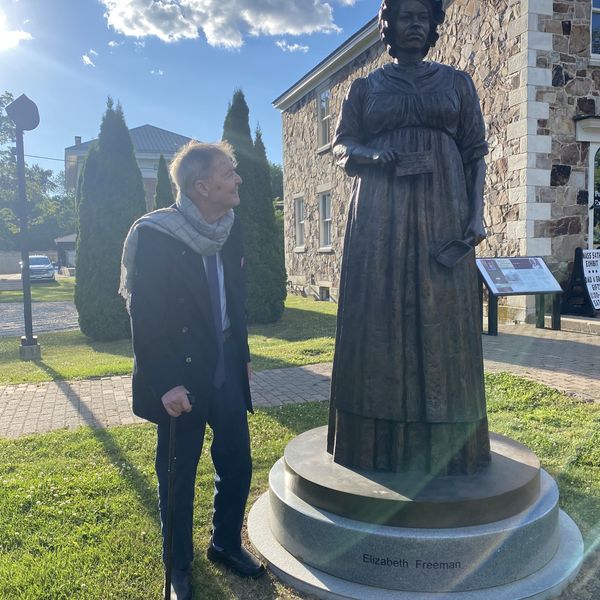
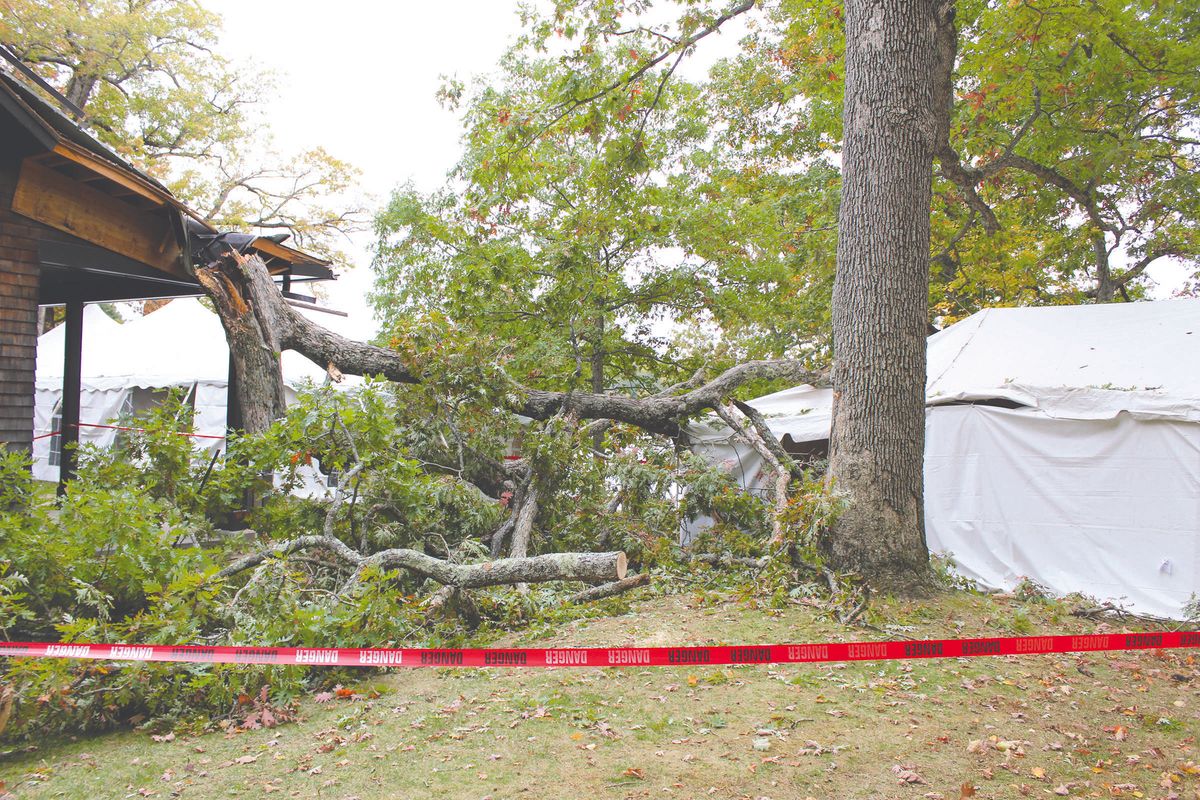
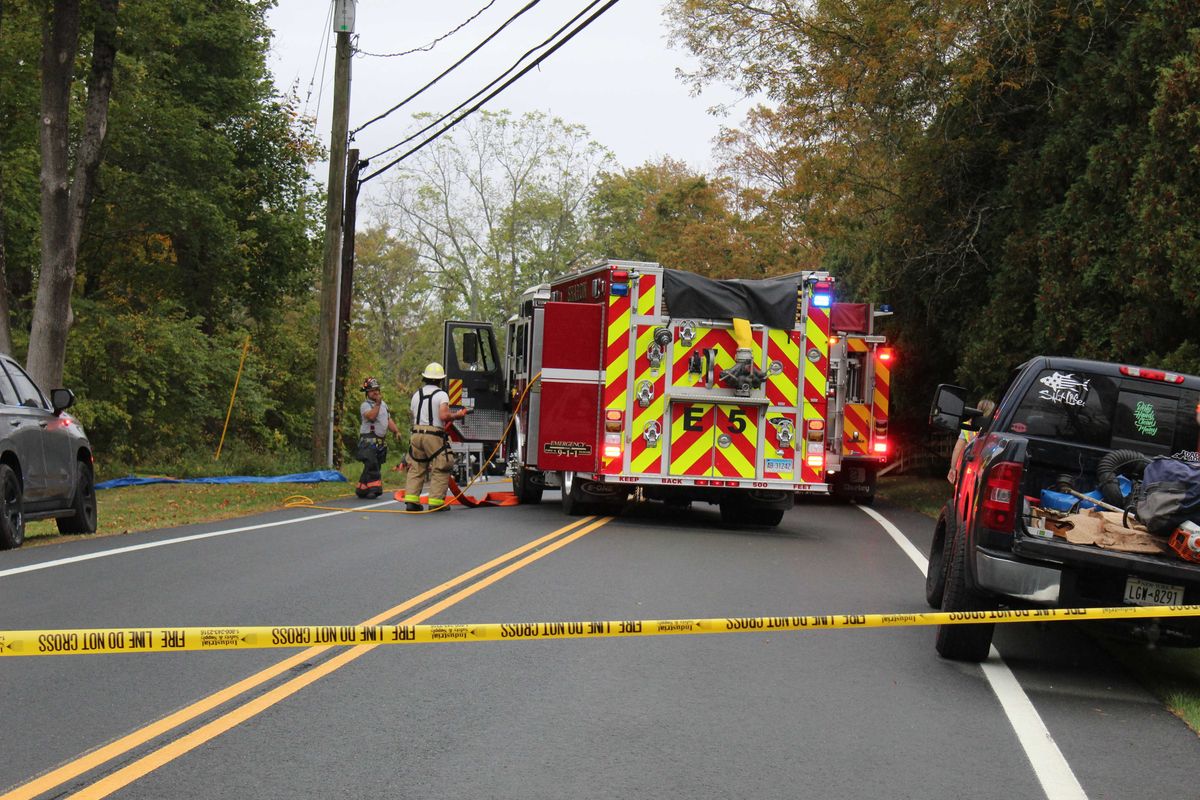
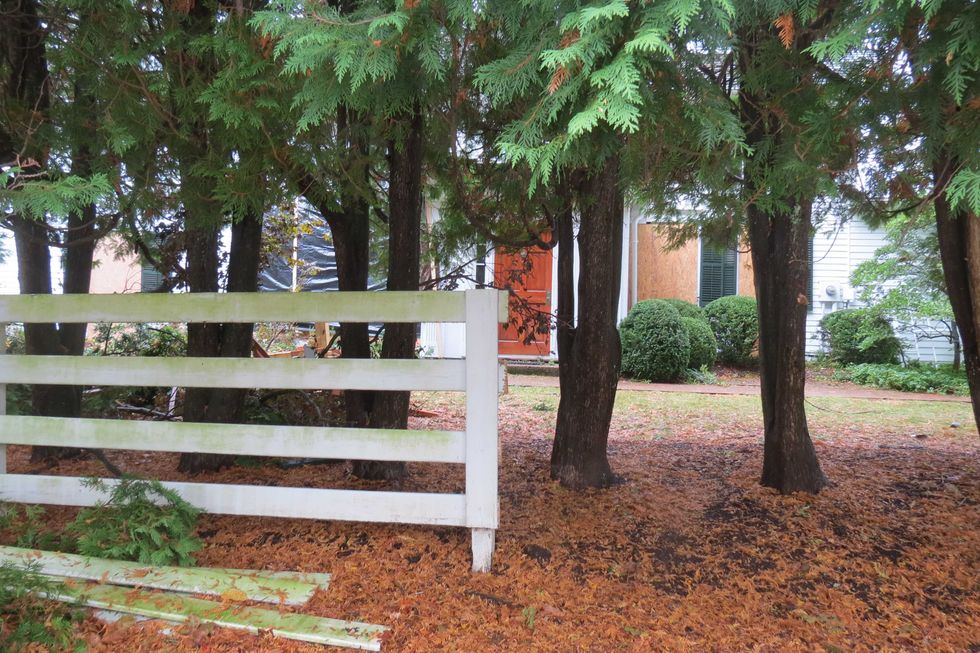 The residence at 35 Amenia Union Road sustained damage to the front of the structure, which can be seen from the street through the trees. Oct. 13.Photo by Ruth Epstein
The residence at 35 Amenia Union Road sustained damage to the front of the structure, which can be seen from the street through the trees. Oct. 13.Photo by Ruth Epstein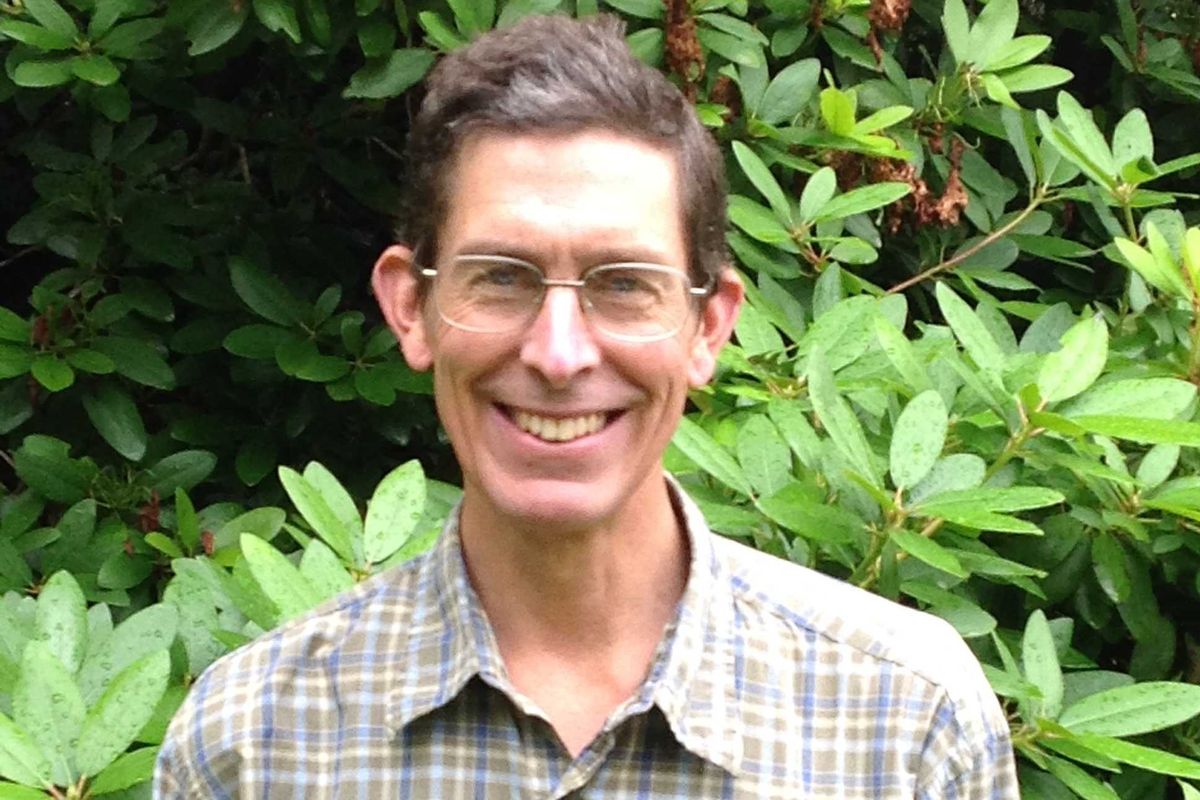
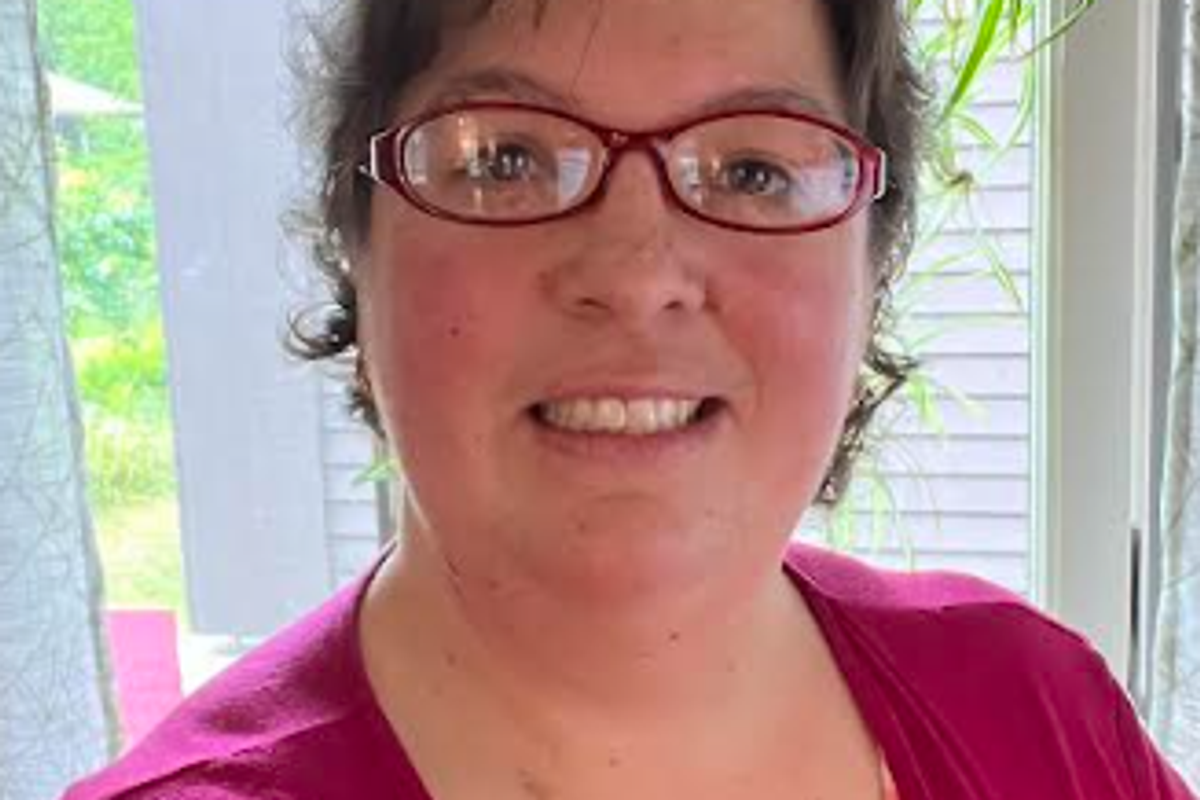
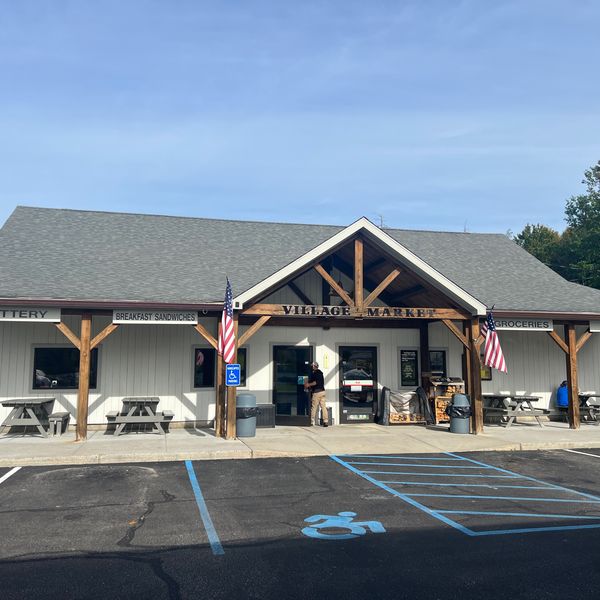

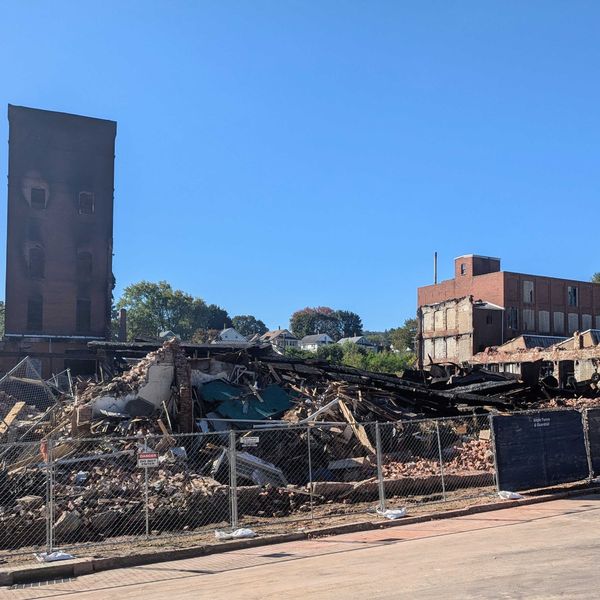
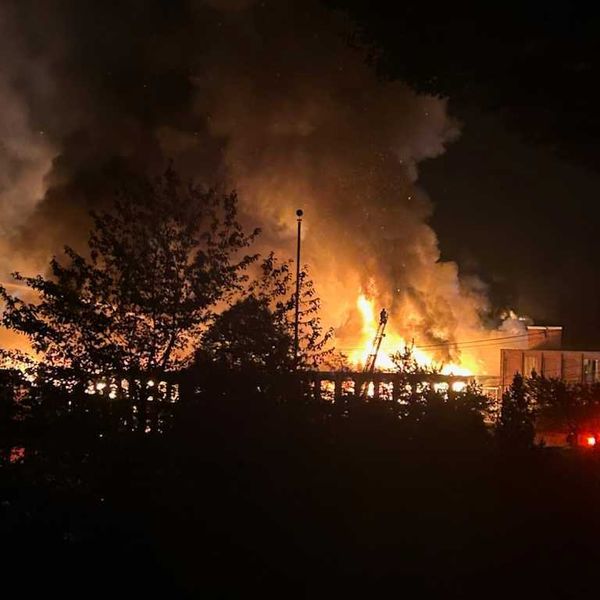
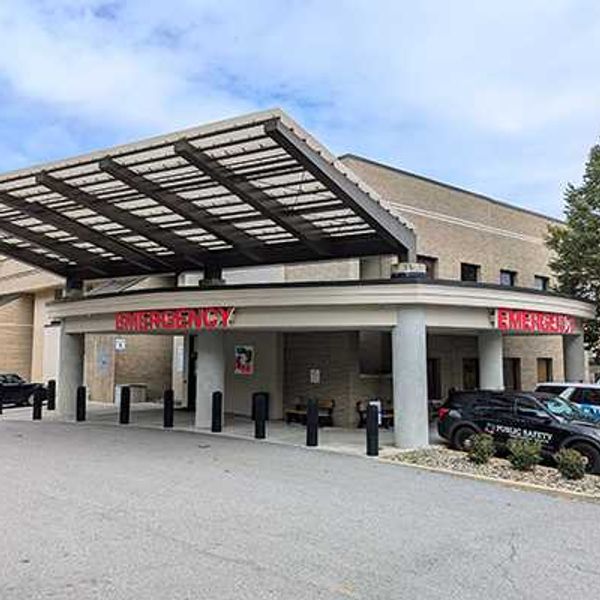
The Beat poets saw the harsh wall of America